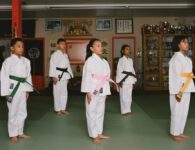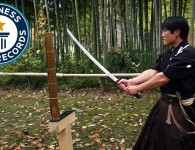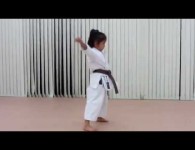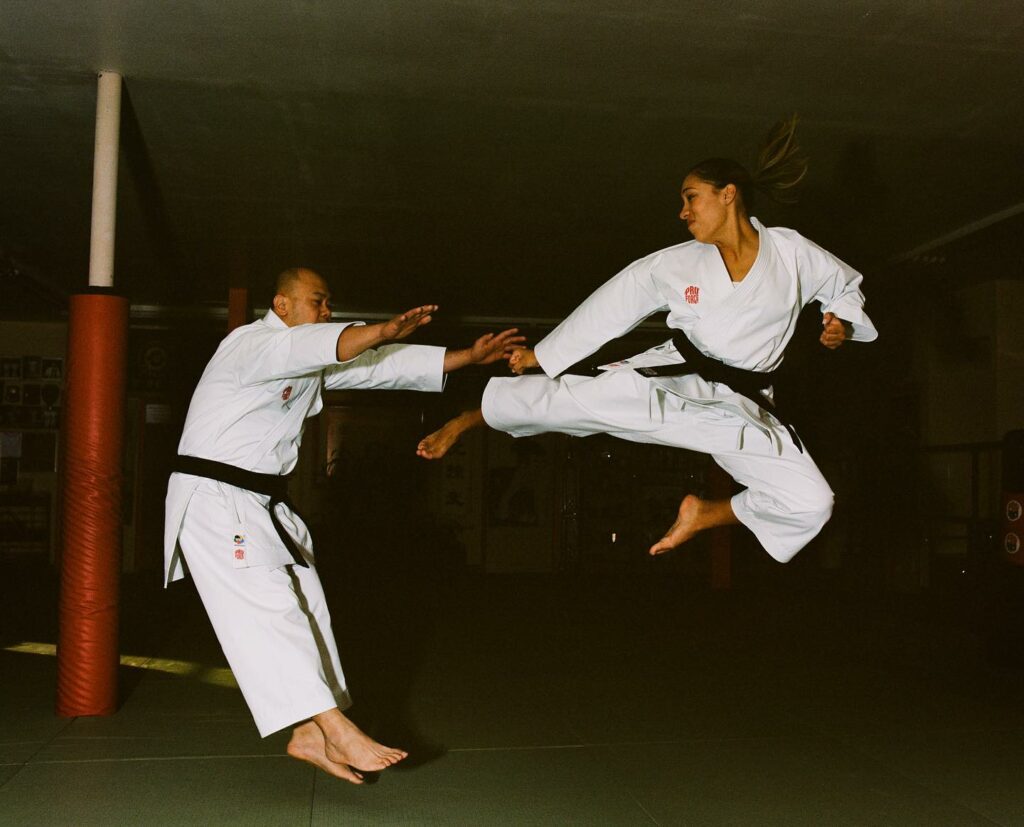
It’s officially the new year, have you made any martial arts training resolutions yet? If you’re still working on the right New Years resolutions for you and your martial arts career, don’t worry. We’ve got some suggestions to help you make 2020 your best year of training yet.
We here at the AWMA Blog are big fans of goals in martial arts. We love setting them, working toward them, and achieving them — and helping others reach their own. That’s why we share training tips, gear suggestions, and motivating news from around the world to help inspire and inform you all year long. It’s also why we like to take some time each January to write about New Years resolutions. In past years, we’ve looked at how to make and keep healthy and positive fitness resolutions. We’ve also tackled martial arts resolutions. We’ve even dug into at the vital role that proper rest and recovery plays in allowing you to achieve your goals.
This year, with a whole new decade full of possibility in front of us, let’s take a look at resolutions that can help you to expand your skills, your performance, and your perspective as a martial artist.
1. Don’t forget the past.
We’re not saying that you should dwell on the past, or rest on your laurels. Pushing yourself forward, seeking new opportunities, and setting new goals is essential to your growth as a martial artist. But so is building upon the foundations you’ve already established in your martial arts training. Past successes can remind you of what you’re capable of when things get tough. Past failures will help you focus on what you want to improve in your training in the future. You can’t go backward, but you can — and should — use your part martial arts experience to inform your martial arts present. And fuel your future.
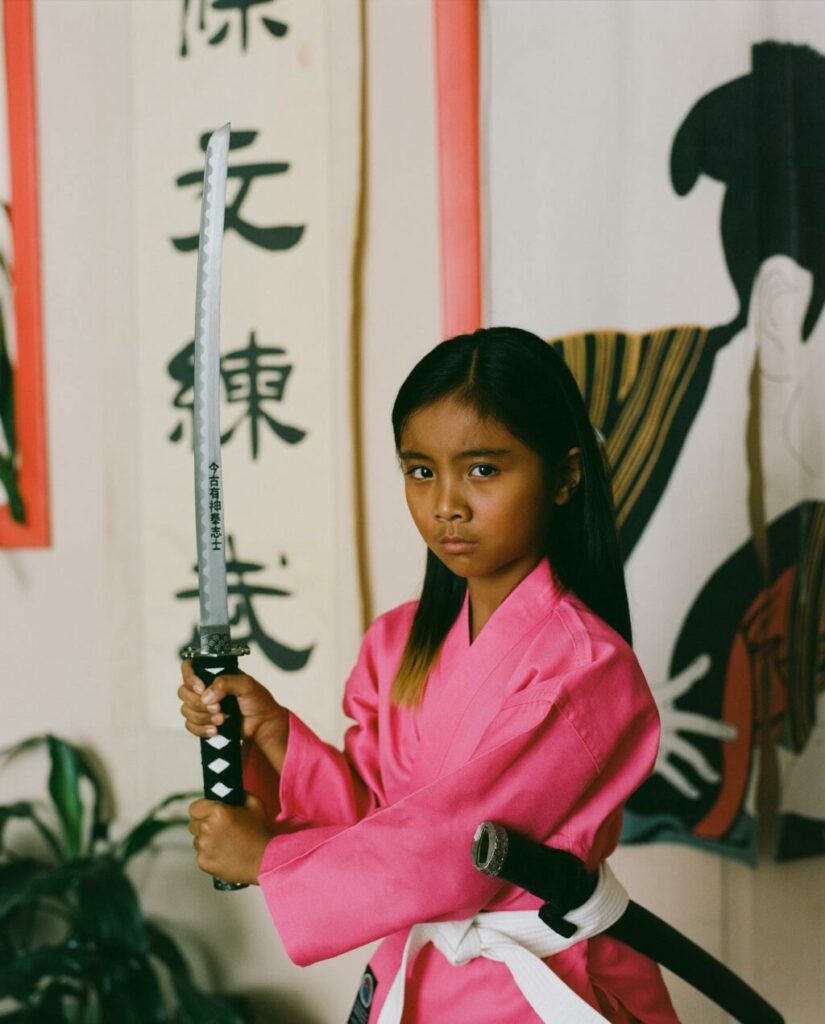
2. Help a new student.
Or maybe even encourage a curious friend to join you at the gym for a trial martial arts class! Humans learn just as much, if not more, from teaching each other as we do from being taught. This is one of the reasons why instruction is such an important part of martial arts training as we advance into the higher belt levels. Helping someone work through an issue — or try something for the very first time — also helps you approach familiar techniques from a whole new perspective. And possibly learn something new about those techniques for yourself in the process.
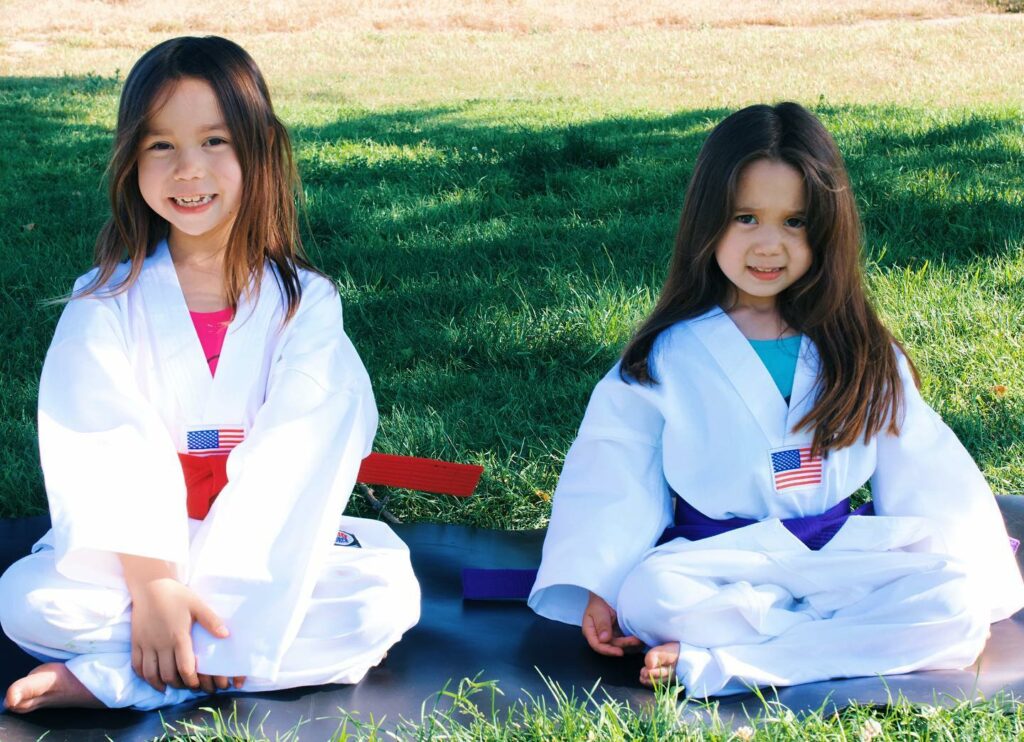
3. Try a new form of cross-training.
If you’re stuck on a certain aspect of your martial arts training, the right cross-training program could be the key to your next breakthrough. Are you struggling with the height of your head kicks? Are you uncomfortable or ineffective when you’re working from guard in BJJ? Yoga could improve your flexibility. Are you looking to add power to your strikes? Pilates can improve your core strength as well as your breath control and body awareness. Are you gassing during sparring? A new cardio program properly designed for your sports-specific needs could help you achieve a new level of physical fitness. For more information on martial arts cross-training, check out our previous blog posts on the topic.
4. Try a new martial art.
Whether you’re a mixed martial artist looking to add a new discipline to your arsenal or a casual student who participates in martial arts for fun and fitness, there are many physical and mental benefits to a new experience. Testing out a different martial arts discipline can challenge your body in new ways and make you stronger. It can open your mind to new ideas and philosophies, making your mental game sharper. A new martial art can also have great cross-training potential. If you enjoy the new martial art you’ve checked out, you’ve got yourself a new and fulfilling aspect to your current training. Even if it doesn’t work out, though, you’ve still grown physically and mentally and you can bring all of those benefits — and a reignited enthusiasm — back to your regular martial arts training.

5. Step outside of your comfort zone.
It doesn’t have to be a giant step, although it can be if you’re feeling particularly bold with your resolutions this year. Even if you’re not feeling quite so brave, though, a few baby steps in the right direction can lead to a big and exciting new journey in your martial arts training. Is there someone at your gym that you find impressive but intimidating? Ask if they’ll be your training partner. (Or your sparring partner, if you’re ready for that challenge.) Are you feeling insecure about a specific technique or aspect of your game? Ask your instructor for insight. Ask a trusted classmate to help you work through it. Sign up for that tournament you’ve been thinking about. Take that class you’ve been wondering about. Don’t be afraid to make mistakes along the way. They’re an important part of the learning process! And maybe treat yourself to some new martial arts gear while you’re at it!











